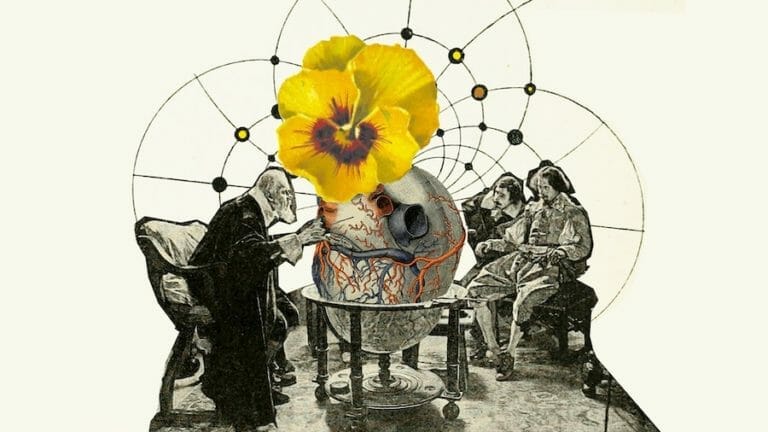Emotional trauma is a form of psychological trauma that can occur when an individual experiences an event or series of events that cause them to feel overwhelmed, threatened, or helpless. These events can range from natural disasters and accidents to violence, abuse, and neglect. While everyone reacts differently to trauma, some common symptoms include feeling numb or disconnected, having difficulty trusting others, experiencing flashbacks or nightmares, feeling on edge or hypervigilant, and avoiding people or places that remind them of the traumatic event.
Many factors can contribute to someone developing emotional trauma, including their personal history and experiences, their current life circumstances, and their genetics. Some people are more likely to develop emotional trauma than others, and some people are more resilient and able to recover from it more quickly. There are many different ways to heal from emotional trauma, and it is important to seek professional help if you are struggling to cope on your own.

Signs and Symptoms of Emotional Trauma and Mental Illness
Emotional trauma and mental illness can often go hand-in-hand. Traumatic events can lead to a wide range of psychological and emotional reactions, which may manifest as symptoms of mental illness. It is important to be aware of the signs and symptoms of both emotional trauma and mental illness to seek necessary treatment and support.
The causes of emotional trauma:
Emotional trauma can be caused by a variety of things, including but not limited to: abuse (physical, sexual, emotional), neglect (physical, emotional), witnessing violence or other traumatic events, and experiencing or witnessing a natural disaster. Emotional trauma can have lasting effects on a person’s mental and physical health, and can even lead to post-traumatic stress disorder (PTSD). If you or someone you know is experiencing emotional trauma, it’s important to seek professional help to begin the healing process.
The impact of emotional trauma:
Emotional trauma can have a significant impact on an individual’s mental and physical health. It can cause problems with memory, concentration, sleep, and mood. It can also lead to anxiety, depression, post-traumatic stress disorder (PTSD), and other mental health disorders. Physical health problems that may result from emotional trauma include headaches, stomach problems, and high blood pressure. Emotional trauma can also worsen chronic health conditions such as heart disease and diabetes.

5 Ways to Heal From Emotional Trauma
- Acknowledge the trauma. This is the first and most important step in healing from emotional trauma. If you do not acknowledge that something bad has happened, it will be very difficult to move on.
- Seek professional help. If you are having difficulty dealing with the trauma on your own, seek out professional help. A therapist can help you work through your emotions and start to heal. You can also seek out holistic healers and work with someone in different modalities like chakra healing, meditation, reiki and energy work.
- Reach out to friends and family. Friends and family can be a great source of support when you are dealing with emotional trauma. Let them know what you are going through and allow them to help you heal.
- Take care of yourself. It is important to increase your life force energy and take care of yourself both physically and emotionally when you are dealing with emotional trauma. Eat healthy, exercise, get enough sleep, and find ways to relax and de-stress.
- Give yourself time. Healing from emotional trauma takes time. Be patient with yourself and allow yourself the time you need to heal.

Resources for healing emotional trauma:
There are many resources available for those seeking to heal emotional trauma. Therapists, counselors, and support groups can all provide helpful tools and guidance. Additionally, there are many books and articles available on the topic. Some helpful resources include:
-The Body Keeps the Score: Brain, Mind, and Body in the Healing of Trauma by Bessel van der Kolk
-Trauma and Recovery: The Aftermath of Violence – from Domestic Abuse to Political Terror by Judith Herman
-The Wisdom of Trauma by Peter A. Levine
-Healing the Wounded Heart: Hope for Adult Victims of Childhood Sexual Abuse by Dan B. Allender
-The Emotionally Abused Woman: Overcoming Destructive Patterns and Reclaiming Yourself by Beverly Engel
There is no one “right” way to deal with emotional trauma. Everyone responds differently and what works for one person may not work for another. In conclusion, do your best to remain open and try to talk about your experiences with someone who you trust and who will be supportive. Most importantly, allow yourself the grace to be patient with yourself.
